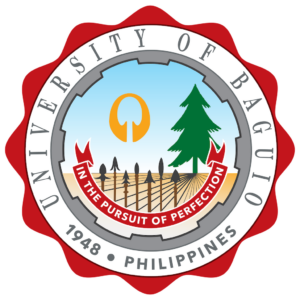Program Educational Objectives
Graduates of Bachelor of Physical Education are expected to attain the following within 3 to 5 years after graduation:
- Demonstrate work effectiveness, and commendable skills in the performance of varied physical activities.
- Exhibit flexibility and adaptability to different physical settings like school, sports, and recreation.
- Plan, organize, and implement safe and effective physical activity programs to address the needs of individual and groups in school and non-school setting.
- Use appropriate assessments tools to evaluate the learning and performance of students and clients.
- Uses appropriate pedagogy through the aid of information, media and technology for lifelong learning.
- Conduct inter-disciplinary research and community service, extension activities for the benefit of the community.
Program Outcomes
A Bachelor of Physical Education graduate should be able to:
- apply scientific and evidence-based practices critical to the educational and learning process.
- demonstrate skillful performance in a variety of physical activities.
- adapt performance to a variety of physical activity settings: (e.g. formal classes, recreational, competitive)
- critically examine the curriculum (e.g. content pedagogy and assessments) program, and enhance (innovate) them necessarily.
- plan and implement safe and effective physical activity programs to address the needs of the individual in school/or industry settings.
- monitor and evaluate physical activity programs in school and/or non-school settings.
- use appropriate assessments in, as and for student or client learning.
- use information, media and technology in pedagogy and for
lifelong learning. - promote the advancement of the profession.
- pursue lifelong learning for personal and professional development.
- communicate effectively with PE practitioners, other professionals, and stakeholders.
- use oral, written, and technology formats deftly.



